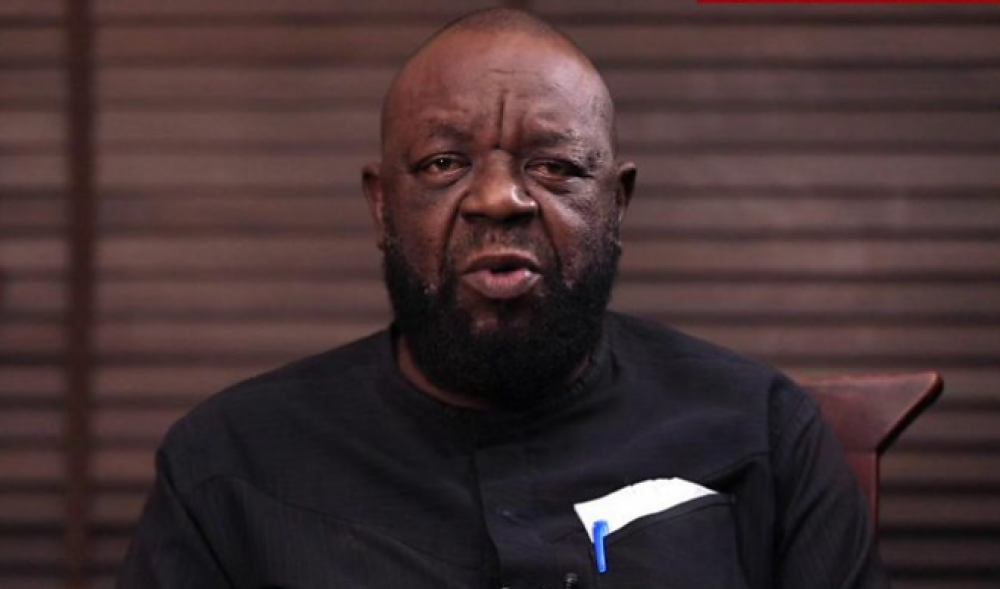Aloy Ejimakor, one of the lead counsels of detained Leader of Indigenous People of Biafra (IPOB), Nnamdi Kanu says the executive and not the judiciary has powers to unconditionally release Kanu.
Ejimakor stated this in a statement over the weekend in response to a comment made by President Muhammadu Buhari.
Recall that Igbo leaders led by 93-year-old first republic parliamentarian and minister of Aviation, Chief Mbazulike Amaechi, last week paid a courtesy call on the president where they appealed for the unconditional release of the IPOB leader.
“You’ve made an extremely difficult demand on me as leader of this country. The implication of your request is very serious.
“In the last six years, since I became President, nobody would say I have confronted or interfered in the work of the Judiciary. God has spared you, and given you a clear head at this age, with a very sharp memory. A lot of people half your age are confused already. But the demand you made is heavy. I will consider it,” the president said.
Read Also: Convention, direct primaries, others on the agenda as APC governors meet in Abuja
Quoting Section 174 of the Nigerian Constitution as amended, Ejimakor said the unconditional release of Kanu lies with the executive and not the judiciary.
Section 174 of the Constitution reads, “The Attorney General of the Federation shall have power:
(a) “to institute and undertake criminal proceedings against any person before any court of law in respect of any offence created by or under any Act of the National Assembly.
(b) “to take over and continue any such criminal proceedings that may have been instituted by any other authority or person; and
(c) “to discontinue at any stage before judgment is delivered any such criminal proceedings instituted or undertaking by him or any other authority or person.”
He noted that since the Constitution by virtue of subsection C of the aforementioned Section empowered the AGF to discontinue at any stage before judgment is delivered in any criminal proceedings, it would not amount to interference by the executive should Kanu’s case be discontinued.
He, therefore, urged the president to act divisively in the instant case as he would not be acting contrary to the Constitution or interfering in the affairs of the judiciary.

